In demand: Preparing counselors for schools and clinical settings
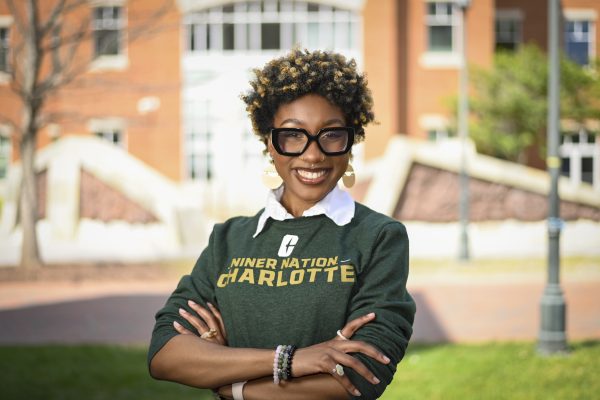
Throughout April, which is National Counseling Awareness Month, UNC Charlotte and the Cato College of Education recognize the graduate students preparing to enter the profession. At the same time, the University salutes the faculty members guiding them; with varied experience and expertise, most are current or formerly practicing counselors.
In an environment that offers a number of online options, Charlotte’s master’s-level counseling programs in school counseling, clinical mental health and addictions counseling are fully face-to-face, providing a niche for students who prefer in-person training and supervision, and thrive on regular contact with their professors.
“Due to the increase in mental health challenges among young people and adults, there exists a demand for access to counselors and behavioral health services,” said Sejal Parikj Foxx, Ph.D., LPSC, professor and chair of counseling, who earned a doctorate in counseling at Charlotte in 2008. “Counselors are needed in both public and private counseling spaces, and we offer training in various settings for individuals across the lifespan.”
In school counseling alone, 48% of Charlotte graduates between 2010 and 2023 are working in North Carolina public or charter schools; 14% of that same population are employed by Charlotte-Mecklenburg Schools. Leadership in the profession is provided through UNC Charlotte’s Urban School Counseling Collaborative (the only one in the U.S.) and Center for Play Therapy (one of two in the country). Electives in play therapy, grief and loss counseling, trauma counseling and counseling older adults allow for specialization.
Register now: 18th Annual Multicultural Play Therapy Center Conference, June 21-28
Here, current counseling students share the impact of their experiences as they prepare for the field:
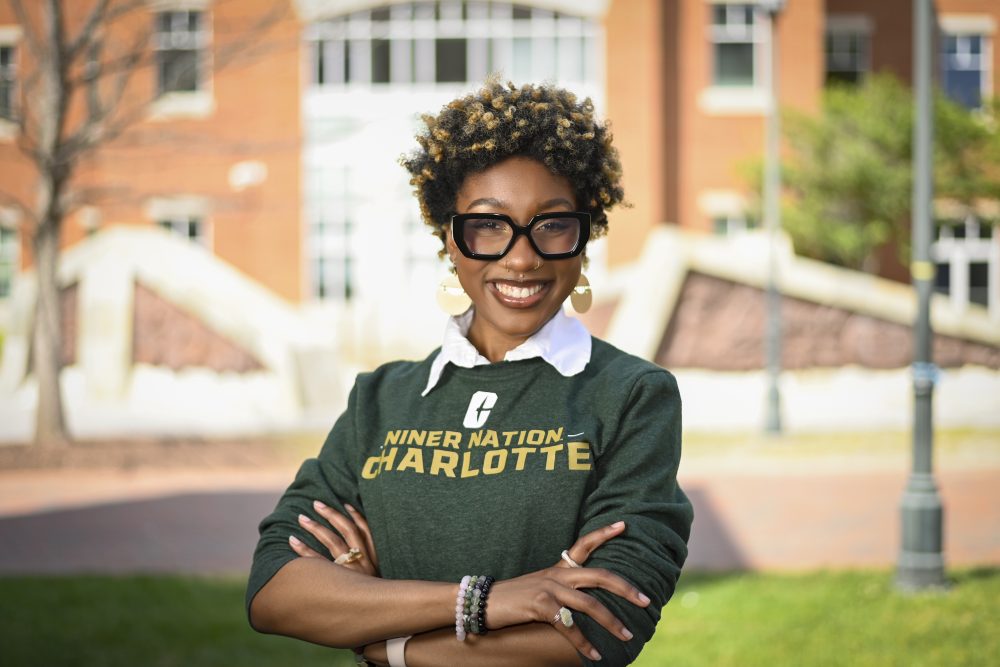
Anaya Davis
Teacher and mentor, Fusion Academy
M.A., Clinical Mental Health Counseling, 2025
“Everything I have learned in the counseling program has challenged my interpretation of the world around me. The nature of counseling is not monolithic; it can look different to many different populations. I have gained a lot of insight into my own way of being as it relates to counseling and personal development — while being challenged to explore how I envision myself as a counselor and ponder how to use my skills to better serve marginalized, disenfranchised and underrepresented communities.”
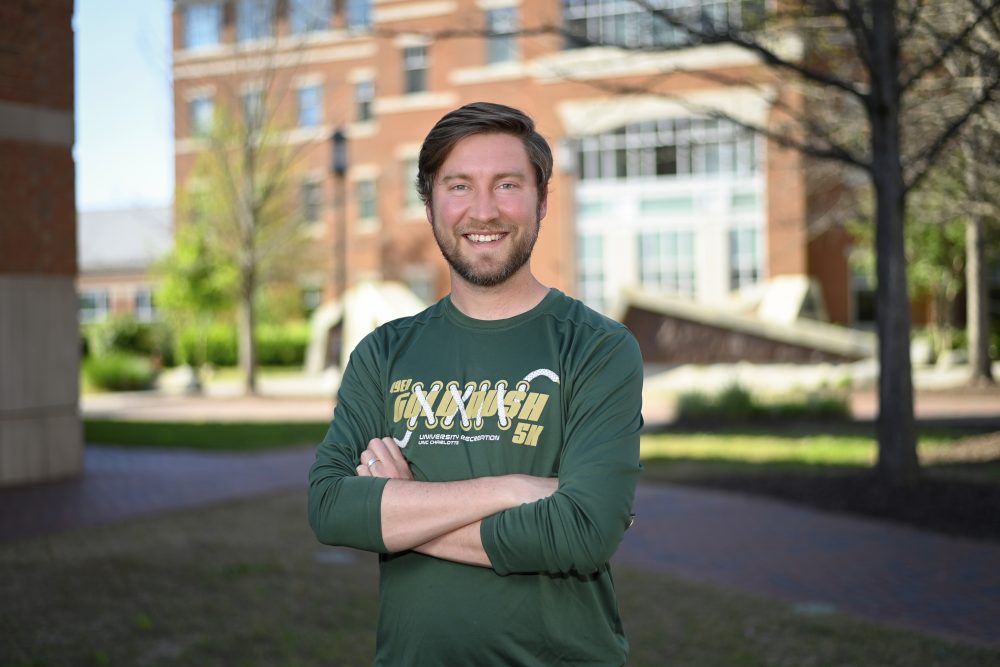
Seth Gillis
8th grade social studies teacher, Charlotte-Mecklenburg Schools
M.A., School Counseling, 2025
“As a teacher, I recognize the importance of dedicated counselors and the difference they can make. I enrolled in the school counseling program to learn how I can best support, empower and advocate for all students. The experience has reiterated not only the multitude of ways I can do that throughout a student’s schooling but how to advocate for the profession when necessary to disrupt systems of oppression within education. Most of all, the program introduced me to my classmates and professors, who have different views, experiences and ideas of what it means to be a professional counselor. Our discussions, collaboration and reflection are preparing me to empathize with students from all backgrounds.”
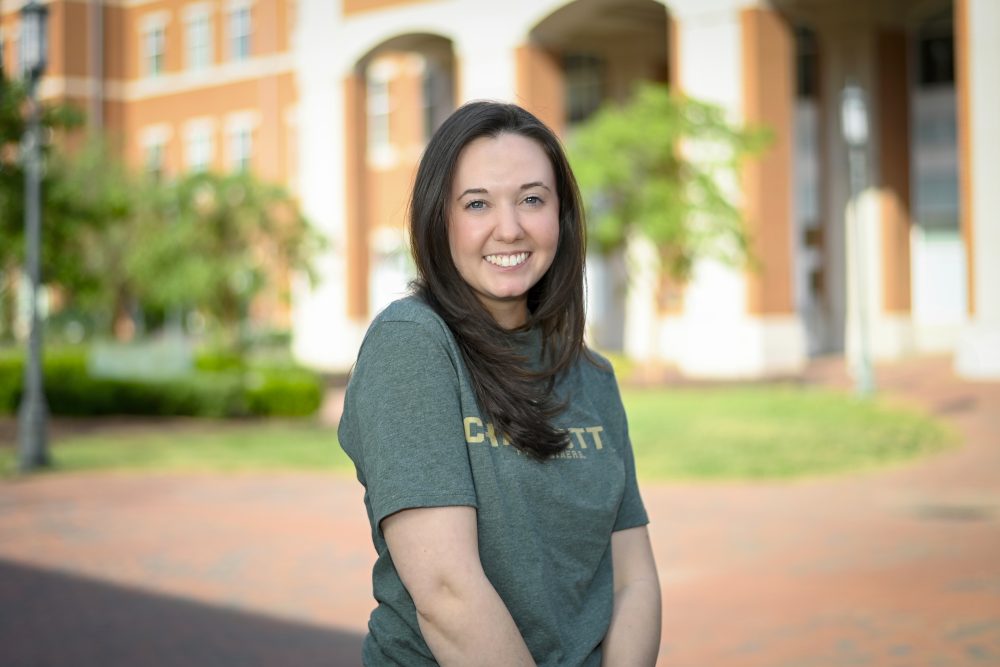
Savannah Pappalardo
Psychometrist and quality assurance, Insight Carolinas
M.A., Addiction Counseling, 2025
“During my time at UNC Charlotte, I’ve learned the art of listening. To best serve and empathize with our clients, we have to hear them. Throughout the program, I’ve been challenged to sharpen and refine my listening skills by attending to nonverbal cues, focusing on what a client says, and ‘hearing’ what is unsaid. Faculty and other students continually encourage me by how they show up passionate and committed to the counseling profession. I’m strengthened and motivated to stay the course because my eyes are on them. My peers’ and professors’ dedication to caring for others is inspiring; they constantly remind me of the value and importance of this work.”
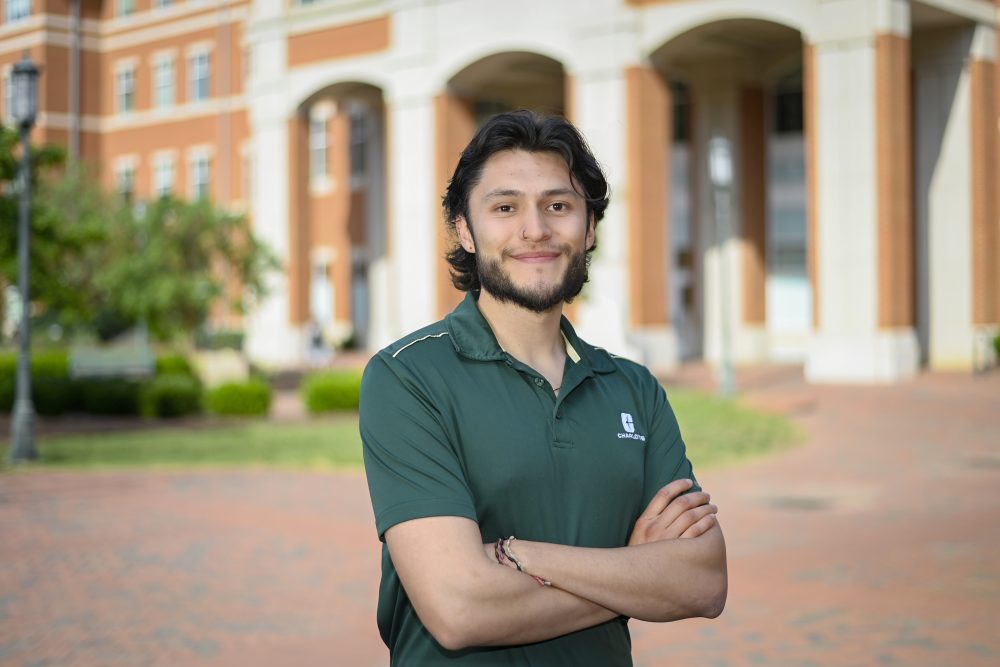
Lisandro Valdivia Saucedo
Graduate Assistant/Equity Fellow Success Guide for the University Center for Academic Excellence at UNC Charlotte
M.A., School Counseling, 2025
“Knowing there is no one-size-fits-all model for school counselors allows me to tailor my style around my strengths and beliefs so I can best serve my future students — while abiding by ethical standards. The professors in the counseling program have extensive experience in diverse backgrounds, creating opportunities for me to gain diverse perspectives and knowledge. Every professor I’ve interacted with has played a crucial role in my professional development, presenting me with multifaceted perspectives and real-life examples. In addition to their expertise, professors are empathetic, supportive and genuine individuals who have supported their students through thick and thin. Through their example, I have embarked on a personal journey to embrace my experiences, using them as building blocks to shape my professional identity in a school setting.”
Learn more: Charlotte’s Ph.D. in Counseling Education and Supervision